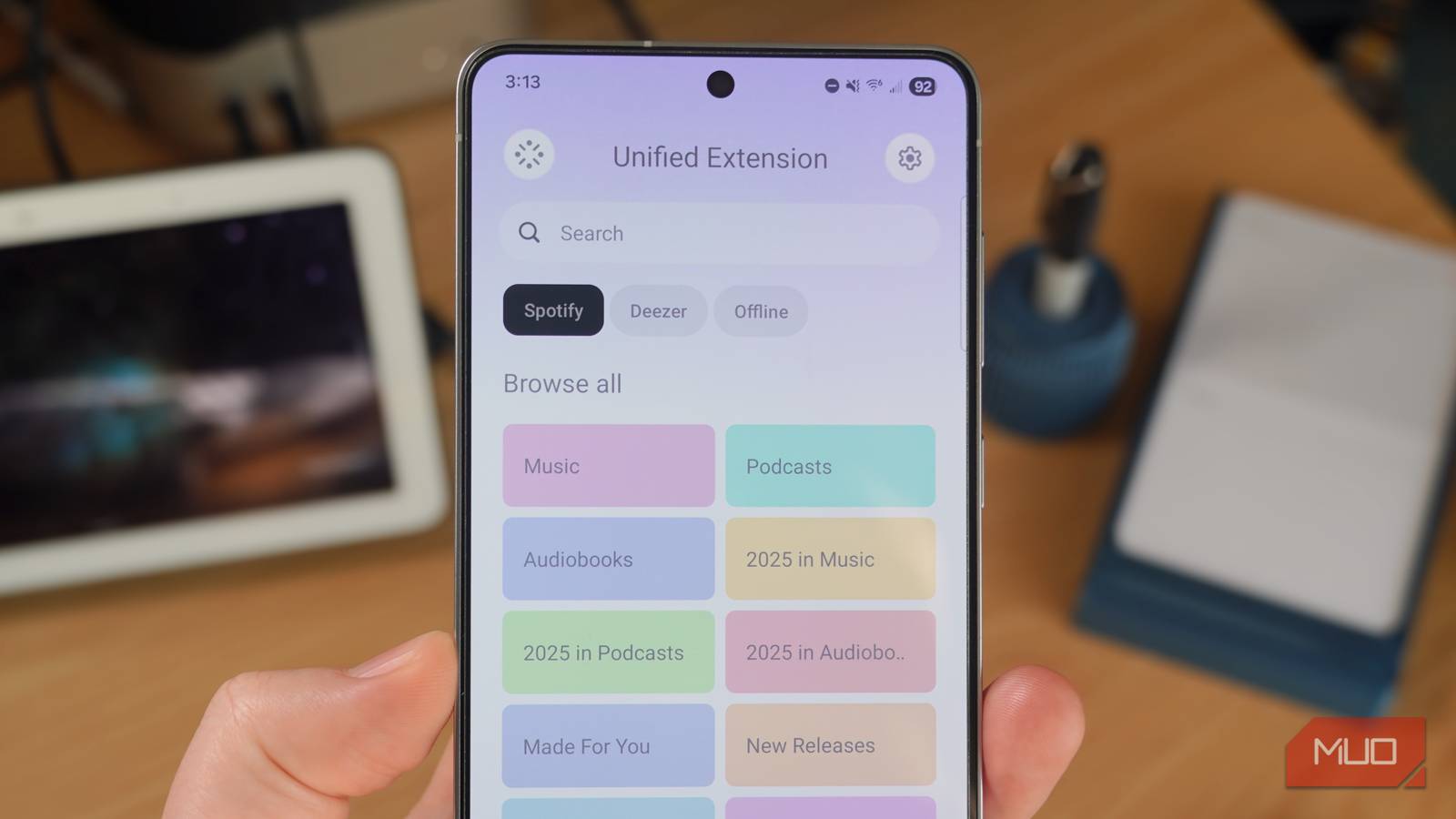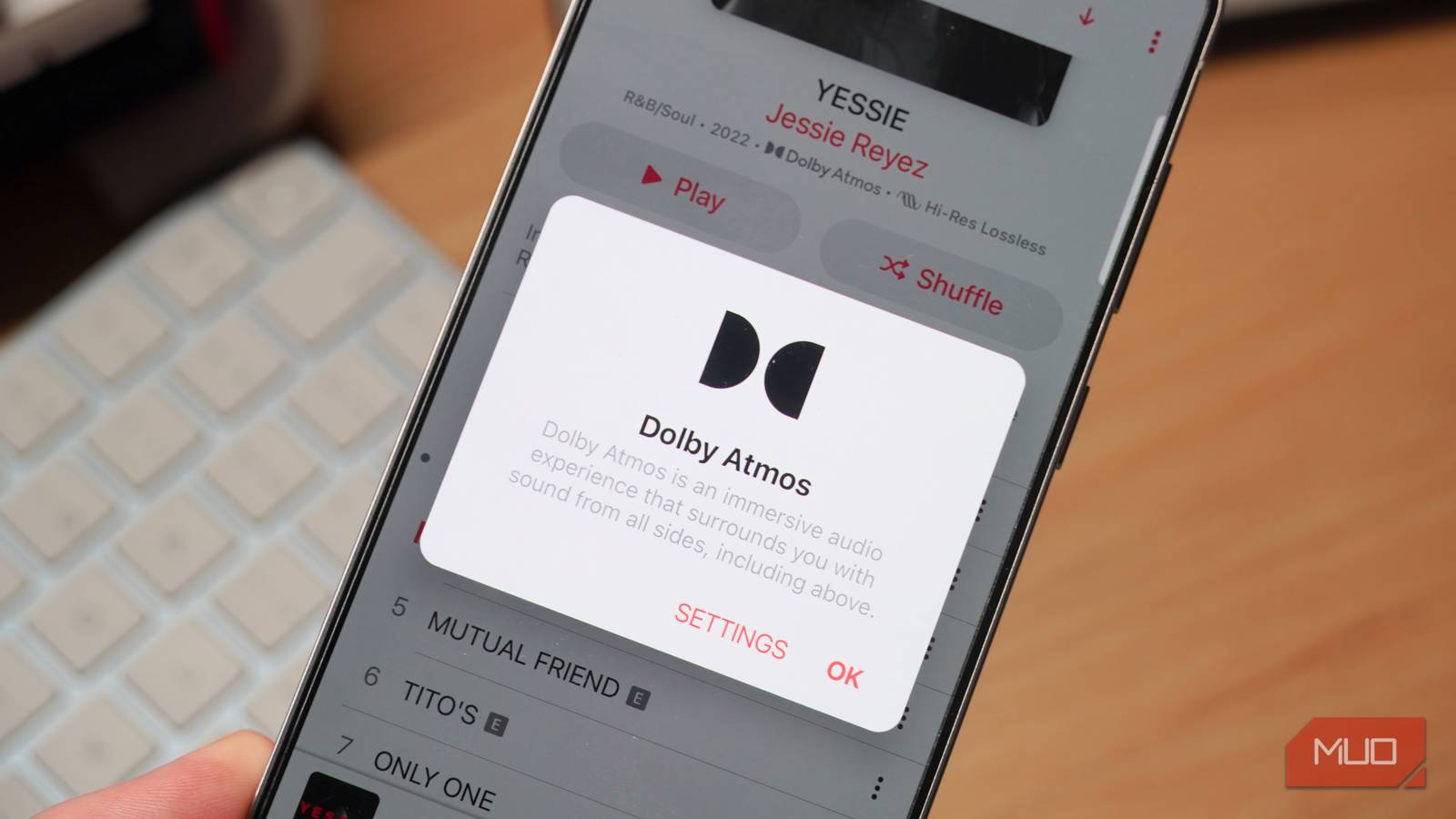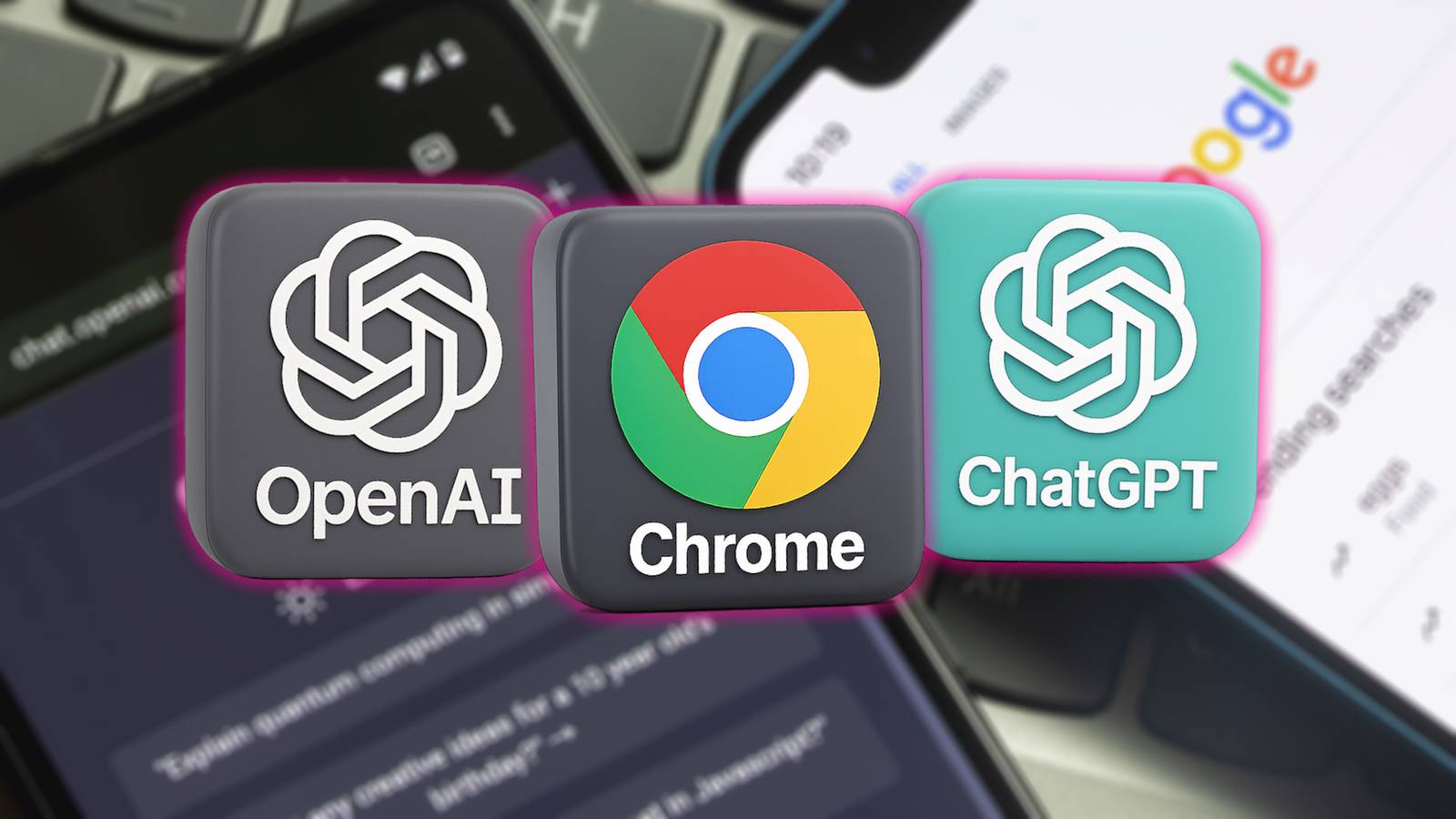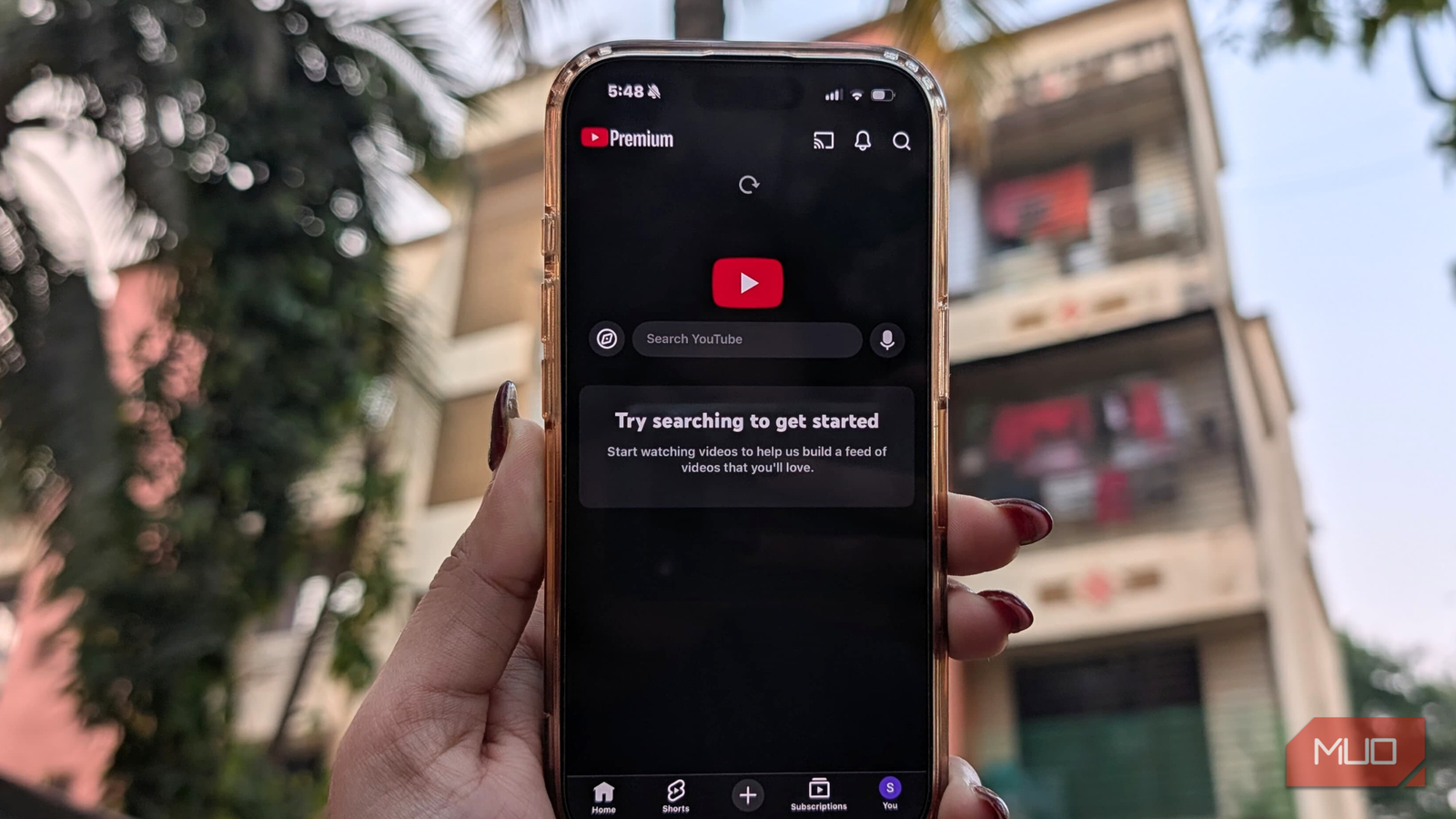OpenAI just took the stage to unveil ChatGPT Atlas, and you could almost feel the collective sigh as users worldwide rolled their eyes. As the foremost LLM chatbot company continues struggling to monetize and legitimize its often uninspiring, yet admittedly impressive software, it’s fair to wonder how the latest novel product could possibly take off. Amid existing browsers trying (and failing) to successfully integrate AI in ways the public actually appreciates, Atlas certainly seems like more of the same — and it doesn’t look like it will suddenly kick off an agentic AI revolution.
AI browsers surfing the AI-packed web
It’s artificial intelligence all the way down
It’s easy to see the biggest roadblock to Atlas’ success. Countless AI tools already exist in various forms, including browser extensions, web-based interfaces, and mobile apps. That kind of overlapping product territory makes it unlikely a primarily ChatGPT-centered browser will offer a significantly flexible feature set.
Then there’s the ever-present set of trust issues. Free users’ interactions are reserved for training future models — and, make no mistake, most ChatGPT users are on the free tier — opening the floodgates of skepticism toward a browser that looks mostly like a vehicle for more data harvesting. Given the various controversies that have always haunted the premier chatbot, that apprehension seems well-placed.
Furthermore, OpenAI isn’t just grasping at straws — it’s grasping at a lot of them. Between the constant development of its multiple AI models, the increasing push for actually effective agentic capabilities, and the back-and-forth adjustment of the software’s various guiderails, an entire ground-up browser is just one more chainsaw for Sam Altman’s company to juggle.
Atlas is currently available on macOS only, with support incoming for Windows, iOS, and Android. As previously rumored on Bleeping Computer, it’s a Chromium-based affair (it’s not like there are many browser platforms to choose from, after all), just like the recently released and somewhat fraught Perplexity Comet.
Naturally, Atlas sports a built-in chat interface (because apparently navigating to the website is too difficult). Also, unsurprisingly, it incorporates a ChatGPT agentic operator, but don’t expect it to be particularly effective anytime soon. At least, security experts don’t exactly recommend entrusting it with sensitive personal details like payment card information or identification documents just yet, so it will be some time before it can book an all-inclusive vacation for you. ChatGPT isn’t generally considered the most effective AI tool for coding, either, so don’t plan on handing off your software-building needs like Opera’s Neon browser aims to do competently.
The one thing we can guarantee about ChatGPT Atlas is that, following today’s announcement, it will generate both a significant amount of hype, and a decent bit of ire. OpenAI and its competitors have been forcing AI down our throats for over two years now, and that doesn’t look like it will stop anytime soon.










